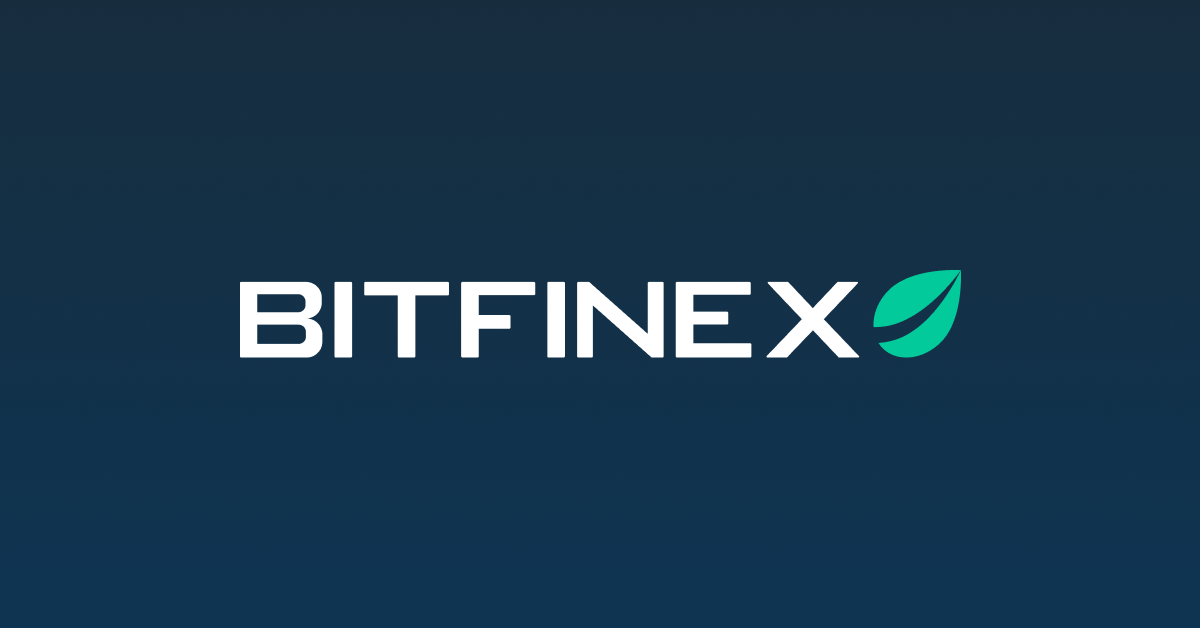Bitfinex paid a whopping $ 23 million fee for depositing $ 100,000

Bitfinex cryptocurrency exchange closed a hugely momentous transaction today, sending $ 100,000 to Stablecoin Tether (USDT) on its Layer 2 subsidiary DeversiFi. For reasons unknown, the exchange paid 7,676 ETH, or $ 23.7 million, which is the highest gas fee ever recorded on the Ethereum blockchain.
According to blockchain data from EtherScan, the deposit was initiated this morning at 11:10 UTC from the second largest Bitfinex wallet via the second address to the DeversiFi wallet. The transaction is associated with “falsely high gas charges” despite DeversiFi promoting a service to “avoid gas costs and frustration and save you time and money on every transaction or exchange”.
To put this high fee in context, keep in mind that the average transaction fee on the Ethereum blockchain is currently 0.013 ETH, or $ 39.96. Additionally, two weeks ago, $ 2 billion of BTC was transferred between unknown wallets for a small fee of $ 0.78.
DeversiFi announced that it has put in place investigative procedures to determine the most likely cause of the problem, adding, “No customer funds on DeversiFi are at risk and they are. This is an internal issue that DeversiFi needs to address.” , as well as the operation are not affected. “
In response, Bitfinex tweeted: “Fees from third-party integrations with Bitfinex are borne in such transactions,” suggesting that the exchange is not directly charged with fees.
For such transactions, the fees are borne by the third-party integration with Bitfinex. This was also confirmed by DeversiFi in their latest statement. We look forward to the investigation from DeversiFi and they will resolve this matter on their side. https://t.co/OqwNTuLAel
– Bitfinex (@bitfinex) September 27, 2021
Another gas fee puzzle of amounts similar to the Bitfinex case occurred in June 2020 when three small and medium-sized transactions recorded seismic costs, with a single transfer of 0.55 ETH raising fees of $ 2.6 million.
Connected: Bitfinex launches first L2 bridge from CeFi to DeFi
At that time, the co-founder of Ethereum, Vitalik Buterin, made a statement contract with a history of human error, adding, “I would expect EIP-1559 to significantly reduce the likelihood of such events by reducing users trying to manually set charges.”
However, experts in the field have spread theories of extortion, fraudulent activity and even money laundering after the last of the three transactions was confirmed as a “malicious attack” when the wallet owner contacted the mining pool to facilitate the transaction. In this case, the owner got back 90% of the lost funds.
.























